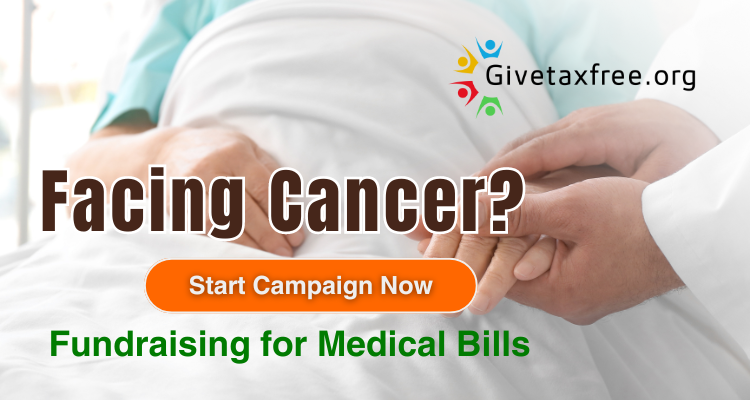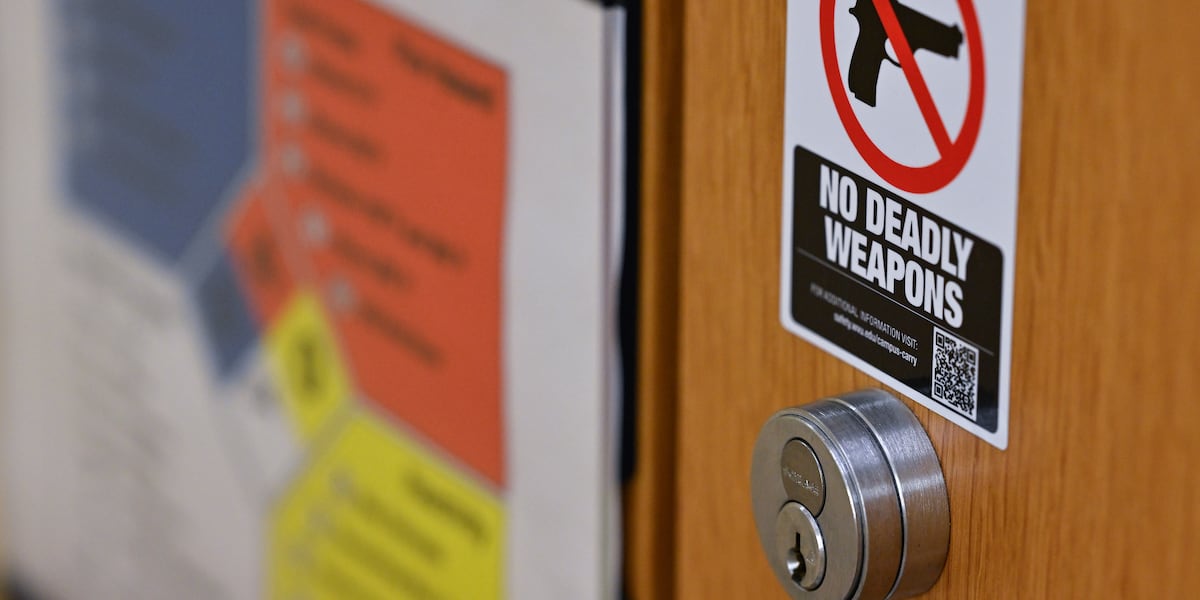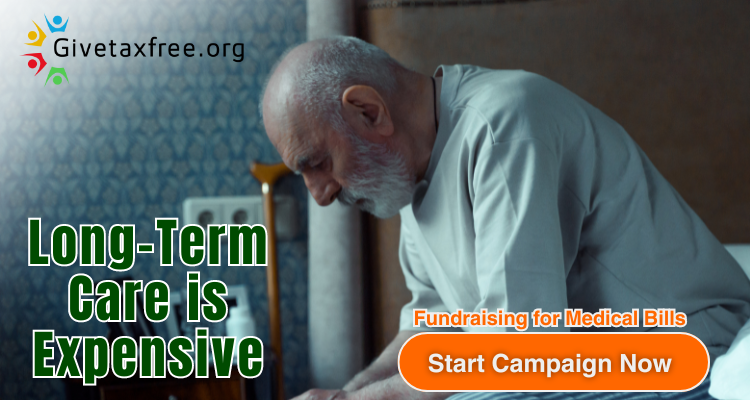Connect with Tracy Wieder:
Email: [email protected]
LinkedIn: https://www.linkedin.com/in/tracy-wieder-a8a65a12a/
Lisa Ryan: Hey, it’s Lisa Ryan. Welcome to the Manufacturer’s Network podcast. I’m excited to introduce you to our guest today, Tracy Wieder. Tracy has worked in the field of biomedical research for 30 years, starting as a lab technician, then moving into lab manager roles, lab director roles, and finally into her current role overseeing all research labs at the University of Miami Sylvester Comprehensive Cancer Center. In addition, she’s a recognized expert on disaster preparedness and safety. So, Tracy, welcome to the show.
Tracy Wieder: Thank you so much, Lisa. I’m glad to be here.
Lisa Ryan: Please share a little about your background and what led you to do what you do.
Tracy Wieder: Absolutely. I started just in college, getting a biology degree and going into research laboratories as a laboratory technician. And I minded my own business until one day when I lived in Houston. We experienced a tropical storm in 2001 named Tropical Storm Allison, and it wreaked such havoc on the Houston metropolitan area that I saw it in the laboratory setting. I saw entire careers destroyed by this event, and I have now made it a passion of mine to help out.
With disaster preparedness information in any setting that I can get my hands on to help people understand that really disaster planning applies to everybody no matter where.
Lisa Ryan: So what caused them to lose their careers in that?
Tracy Wieder: So, in this particular instance, because it was laboratory research, they have very valuable samples that are irreplaceable. They’re intellectual property, and they store these samples in liquid nitrogen. So at a freezing temperature. Around a hundred and minus 190 degrees Celsius. So even colder, it sounds even colder in Fahrenheit temperatures. And because of this disaster, we couldn’t get the samples, and all of the power was out.
The backup generators were out, so the elevators didn’t work. And we couldn’t get the liquid nitrogen supply up to the laboratories, so their liquid nitrogen evaporated off, and all of their samples were lost because of that. And on top of it, there was no power. There was no air conditioning. And in that particular event, we also had the morgue down in the basement of that building.
And so there were that had not yet been embalmed that were also part of that there was a large flood, which made the area biohazardous so nobody could reenter for about three weeks when they let us go in to remove some samples. But we were out of the lab for about three months while they were trying to clean up the biohazard zone and dry things.
Lisa Ryan: Wow. And I can’t think of a time in our history over the last couple of years and actually, the last couple weeks with the hurricanes coming through that disaster preparedness is such a vital issue. But first, we’re dealing with all the shutdowns and turnarounds from a worldwide pandemic that we haven’t seen since 1918.
And it was interesting to see how some companies could turn on a dime and go from manufacturing metal stampings to making masks, and they’re making Yes of respirators and stuff.
Tracy Wieder: So some companies were able to turn around. Others just weren’t.
Lisa Ryan: And then, of course, with Ian Hurricane Ian going through in the last couple weeks, you know, that devastation. But I also think that with the hurricane, not the people in Florida are used to hurricanes, but it would seem their disaster preparedness would be a little better than most because, I don’t want to say they’re used to that, but they get it more than we do in Cleveland.
So talk about a few different types of preparedness when you have something unexpected like a pandemic and expected like a hurricane.
Tracy Wieder: Exactly. I’ll use this opportunity to mention the different types of disasters and answer your question.
So as you said, there’s the expected, and there’s the unexpected. I always categorize it into severe weather events – like hurricanes. In other parts of the country, it can be mudslides, blizzards, and tornadoes. As you said, all things are not natural disasters, so a hurricane, we have some notice. An earthquake, you don’t. It’s just going to happen. A blizzard, you have a little bit of notice. And tornadoes are pretty sudden. But then there are fires, floods, and power outages. We had a disaster just in the last year involving a plumbing contractor breaking off a fire sprinkler head and instantly flooding the entire building. With that, there’s so much pressure behind those fire sprinkler heads. So if you break off that head, you’ll flood that whole building.
And then, of course, there are epidemics and pandemics, which in the past I would’ve said, I would’ve often asked, say if I were speaking to people on this topic, I would ask how many people have been through a disaster at work? And now we’ve…













![Shooting and stabbing at 1st Amendment demonstration leaves 1 person dead [Video]](https://accidentrecoverygiving.com/wp-content/uploads/2024/07/mp_471715_0_yahoodefaultlogo1200x1200png.png)

![Woman fatally shot in back by man claiming self-defense, authorities say [Video]](https://accidentrecoverygiving.com/wp-content/uploads/2024/07/mp_466017_0_1c101c2ab45c4b8cb1499254e6395d821140x641jpg.jpg)


